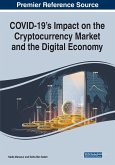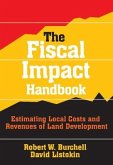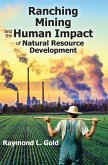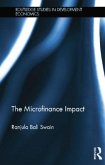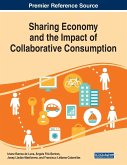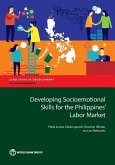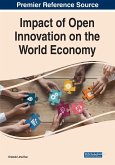When refugees arrive, host communities often worry what will happen to their jobs. While some may face losses, others find that new opportunities open up in host communities. This study looks at four developing countries to show who wins and who loses, how refugees and hosts interact, and what policies can support better jobs for both.
Hinweis: Dieser Artikel kann nur an eine deutsche Lieferadresse ausgeliefert werden.
Hinweis: Dieser Artikel kann nur an eine deutsche Lieferadresse ausgeliefert werden.


